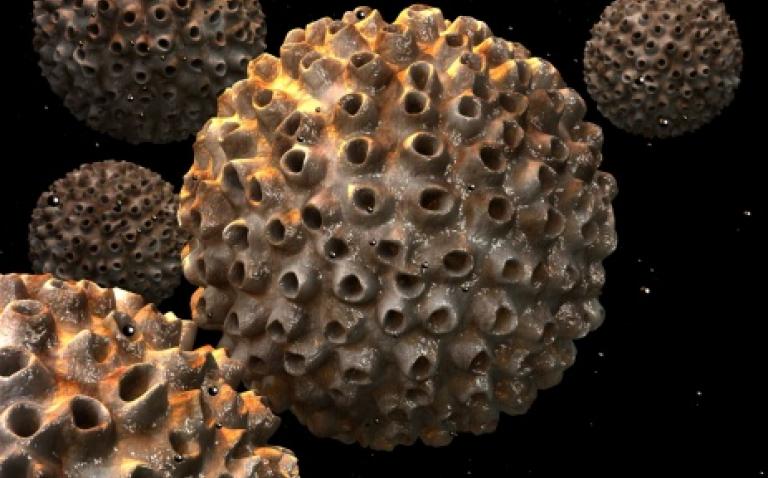Roche has announced an expanded CE mark indication for the cobas® 4800 HPV Test.
The newly expanded indication for the cobas® 4800 HPV Test as a primary screen means Pap cytology is no longer required as a co- or pre-test in countries that accept a CE mark.
Persistent infection with Human Papillomavirus is the principal cause of cervical cancer in women. The expanded indication is supported by data to be presented at the International Papillomavirus Conference, November 30-December 6, 2012 in San Juan, Puerto Rico.
“HPV testing provides a more sensitive level of screening than the Pap test. Whereas a Pap smear looks for abnormal cells, an HPV test looks for the presence of HPV DNA itself,” says Eduardo Franco, director, Division of Cancer Epidemiology, McGill University, Montreal, Canada. “The prevalence of HPV means that many women may test positive, so it is important to also identify those most at risk to progress to cervical cancer. Genotyping for HPV types 16 and 18 provides sufficient additional specificity to identify the women most at risk, and spares the rest from potentially unnecessary intervention. The two HPV genotypes, 16 and 18, account for 70% of cervical cancer cases.”
HPV DNA testing has more traditionally been used as a co-test or reflex test to an abnormal or borderline cytology result. While Pap screening has dramatically decreased the prevalence of cervical cancer over the past several decades, Pap cytology has limitations due to low sensitivity and the subjective nature of results interpretation. However, studies show that HPV DNA testing is more sensitive than the Pap smear in picking up disease – important in a front-line screen. In the landmark ATHENA study, it is shown that the cobas® 4800 HPV Test finds disease that is missed by cytology – 1 in 10 women who tested positive for either HPV genotypes 16 or 18 by the Roche cobas® 4800 HPV Test already had evidence of cervical pre-cancer, even though their Pap test was normal.
Approximately 275,000 women worldwide still die of cervical cancer each year, and many countries are in the process of piloting HPV DNA testing as a primary screening replacement for Pap cytology. “Switching towards use of the cobas® 4800 HPV Test as a first line screen enables countries to implement strategies that catch more disease with fewer medical interventions, allows physicians to better manage their patients, and reduces economic costs to the healthcare system,” said Paul Brown, Head of Roche Molecular Diagnostics.
The cobas®4800 HPV Test is the only clinically validated, and FDA-approved test, that simultaneously provides pooled results on known ‘high-risk’ genotypes and individual results on the highest-risk genotypes, HPV 16 and HPV 18, giving three results in just one test. The cobas® 4800 HPV Test has a fully automated sample preparation workflow process, and unique efficiency features allowing for higher throughput, making it well suited for high volume screening programs.
“As an organisation committed to women’s health, Roche Diagnostics is dedicated to keeping women healthy and improving patient care”, Paul Brown continued. “Combined with our products from the mtm business acquisition announced last year, Roche has a broad cervical cancer prevention portfolio which redefines cervical cancer screening and more effectively guides patient management decisions.”










